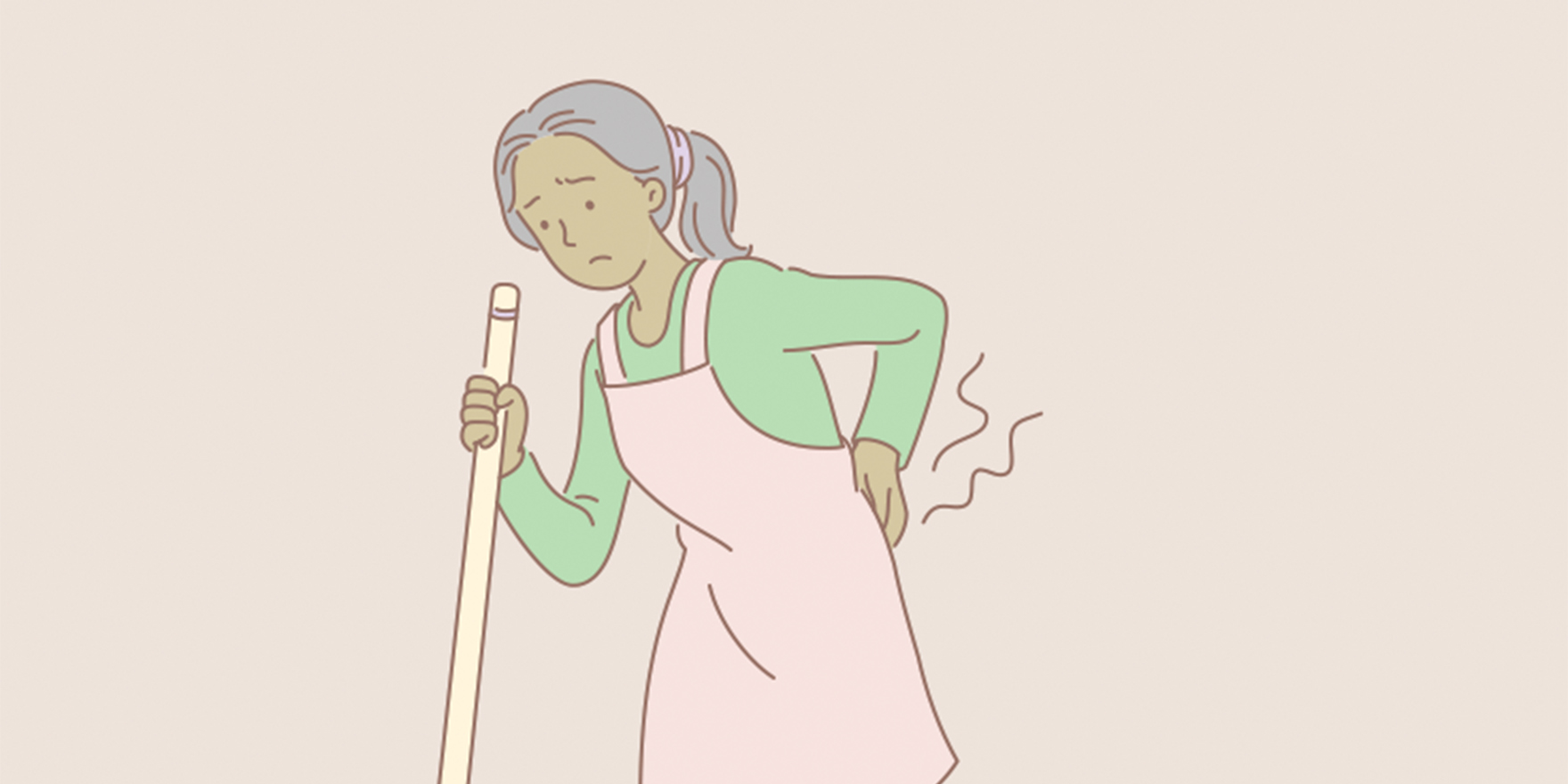A fresh approach may improve GPs’ contribution to back pain care, particularly the ability to reassure patients
General practitioners are part of many people’s back pain journey, but are often not credited (by patients, GPs themselves, or other health professionals) with having a positive impact on recovery.
This view seems to be influenced by an impression that GPs have limited expertise with musculoskeletal structure and biomechanics, but ignores the fact that there is little evidence demonstrating that expertise in these areas actually influences recovery outcome. Recovery seems to be more influenced by psychological factors (distress, fear, self-efficacy) and social factors (educational attainment, socioeconomic status, workloads and satisfaction).
Helping people to understand their health, supporting people in psychosocial distress, working with social influences in health, and empowering self-management are core general practice skill sets. Our research team wondered whether we could empower and support GPs to use their skills and strengths to improve back pain recovery.
The FREE Approach
We developed the Fear Reduction Exercised Early (FREE) approach as a multi-dimensional intervention for improving general practice back pain care. FREE is primarily a GP training intervention delivered through an initial four-hour workshop and subsequent one-hour refresher after a month’s practice using the approach. There are also supporting print, web, and practice support resources for patients and GPs.
The FREE approach restructures a normal GP consultation so that:
- focus is shifted toward exploring and addressing fears, beliefs, concerns and expectations;
- therapeutic opportunities within the consult are highlighted;
- the rationale for guideline recommendations is explained; and
- a framework for explaining back pain is provided.
Testing the approach
We conducted a pragmatic cluster-randomised controlled trial in eight general practices based in the Hutt Valley region of New Zealand.
Practices were randomised to either receive FREE approach training and resources or continuing to provide usual care. Patients presenting to these practices with low back pain were recruited and followed for six months.
We wanted to gain a thorough understanding of how the FREE approach was used and how it achieved any impact on outcome. In order to achieve this, we recruited patients prior to their consultation with their GP.
This allowed us to capture psychological measures prior to GP exposure, audio-record consultations, audit consultation notes, and ask patient participants for their impressions immediately after their consultation.
This gave us wonderfully rich data, but made the recruitment process intensive and restricted our total sample size.
The results
The results of the trial have recently been published in PLOS Medicine. The headline result was that patients with back pain who consulted FREE-trained GPs had similar pain and disability recovery outcomes to those who saw usual care GPs. That said, there were some interesting findings in the secondary, process, and economic outcomes that suggest FREE might still be worth further exploration.
FREE training resulted in significant and meaningful changes in GP attitudes, knowledge, and confidence to manage back pain. Importantly, it also resulted in changes in GP clinical behaviour.
The audio-recordings indicated that most trained GPs conducted back pain consultations as recommended by FREE and these were observably different to usual care (83% of FREE trained GPs’ consultations were assessed by a blinded analyst as being “FREE concordant” whereas no usual care GP consultations met this threshold).
The consultation notes’ audit and patient reports indicated that GP back pain management became more aligned with best-practice guidelines, particularly in relation to considering patient concerns, explaining back pain, and providing reassurance and activity advice.
Although they achieved similar outcomes, patients in the FREE arm received less healthcare while recovering. Most notably people who saw a FREE-trained GP had fewer physiotherapy appointments and there was a trend toward receiving less imaging.
People with back pain who saw a FREE-trained GP also returned to work a little more quickly (although the difference was not statistically significant). Cost-effectiveness evaluation indicated considerable cost savings in the FREE arm, but cost data were too variable and our sample size too small to enable confidence in these estimates.
Conclusions and future work
Overall, we think these findings indicate FREE may improve GP contribution to back pain care, particularly their ability to reassure patients. This might reduce the healthcare burden placed on people while they recover, meaning less interference with normal lives and less exposure to potential harm.
There are still a number of unanswered questions that we will be exploring with further research.
We conducted a parallel implementation study involving a larger number of GPs. This study enabled us to explore whether FREE could be effectively implemented and also to interview GPs and patients about their opinion of FREE.
We will also access insurance data for a much larger number of people who have consulted trained GPs to look at the impact of FREE on health care. Hopefully, this will help to determine whether the changes in healthcare use and costs seen in the trial can be replicated in real world settings.
We will also be conducting two-year follow-up of those who took part in the trial.
It will be interesting to see whether FREE’s focus on empowering self-management has an impact on longer-term health use with subsequent episodes of back pain.
Ben Darlow is Senior Lecturer, Department of Primary Health Care and General Practice, University of Otago, Wellington, New Zealand.
Ben was writing on behalf of the Low Back Pain in General Practice Study research team of James Stanley, Sarah Dean, J. Haxby Abbott, Sue Garrett, Ross Wilson, Fiona Mathieson and Anthony Dowell. Ben can be contacted at
ben.darlow@otago.ac.nz


